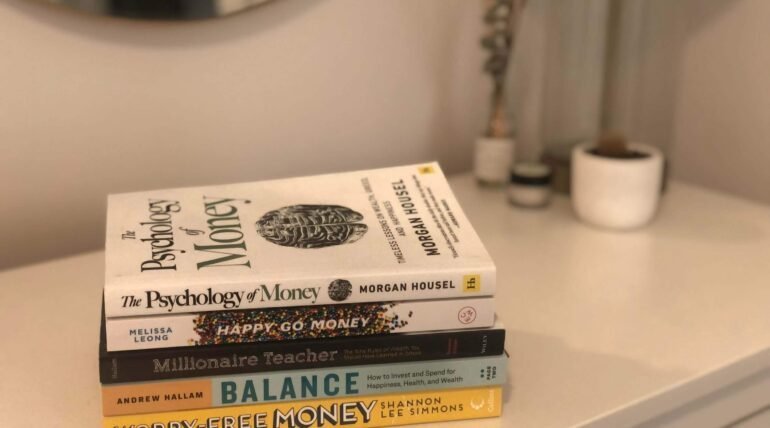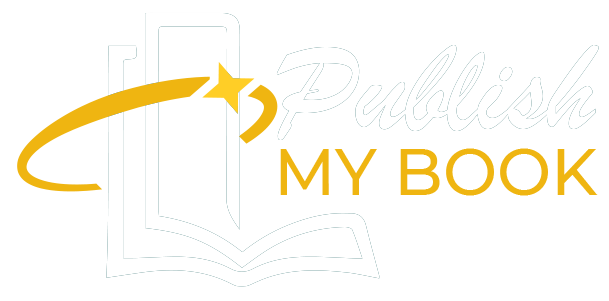
Money is something all of us deal with every single day, yet for many people it still feels like an unsolved puzzle. Most of us were never really taught how to manage money in school, and as a result, many grow up learning about finances through trial and error. You might remember the first time you opened a bank account, got your first paycheck, or even struggled to save for something you wanted. The truth is, we often stumble our way through money decisions without clear guidance, and that can lead to stress, debt, and missed opportunities. This is where a good book on finance becomes more than just paper and ink. It becomes a mentor that sits quietly on your shelf, ready to give you lessons at any time.
Reading such a book is like having a private conversation with someone who has already made mistakes, learned from them, and now offers the wisdom you can apply to your own life. For beginners, one reliable book can be the difference between staying confused and finally feeling confident about managing money. It is not about chasing every new trend or following quick fixes that promise overnight wealth. A strong finance book teaches patience, strategy, and the mindset needed for long term stability. Once you find that one book, you begin to see money not as a source of worry but as a tool to shape your future.
Why Good Book on Finance Matter for Beginners
The first thing a beginner learns from a good book on finance is clarity. Money often feels complicated, but when explained in plain words, the principles are surprisingly simple. A book allows you to digest lessons at your own pace. Unlike online noise that bombards you with conflicting advice, a book delivers a structured path, carefully crafted to help you build confidence. Another important aspect is mindset. Many people fear money because they only associate it with stress. A thoughtful book helps beginners reframe their relationship with money, seeing it as something manageable instead of overwhelming. Once you shift your mindset, you can approach savings, budgeting, and investing with more calm and purpose.
Lessons That Stay With You
One reason beginners should start with at least one finance book is that the lessons do not fade away as quickly as a social media tip or a short article. You can underline, revisit, and reflect. For example, a single chapter on budgeting might change how you track expenses for years to come. A story about an investor’s mistake might save you from repeating it yourself. These lessons grow with you as you move from basic money management to more advanced goals like investing, starting a side business, or planning for retirement.
How Books Become a Lifelong Guide
The beauty of a good book on finance is that it rarely loses value. Beginners might start by learning how to handle debt or create a basic budget, but as time goes on, the same book might reveal deeper insights. You might notice advice you overlooked before, now suddenly relevant because of a new stage in life. This is why investing in at least one good book is not a one time benefit. It is a resource you can lean on again and again.
Why Publishers Still Matter in the Digital Age
Good book on finance: In today’s world, many people search for ebooks and online articles, but the role of a trusted book publisher is still significant. A publisher ensures that the content you read has been reviewed, edited, and presented with accuracy. For beginners, this quality control is important because it protects you from misleading or shallow information. When you pick up a book released by a reliable publisher, you can trust that the knowledge you gain has been shaped with care.
Some authors even decide to take control and say, “I want to publish my book.” That desire often comes from the urge to share personal financial journeys that can inspire others. These voices add richness to the world of finance literature because they come from real experiences, not just theories. Whether in print or as an ebook, every published work adds another perspective that beginners can learn from. The rise of ebook publishers has made these resources even more accessible, allowing anyone to download guidance instantly and begin their journey right away.
Good Book on Finance: Building Confidence and Taking Action
Reading a finance book is only the first step, but it is often the most important one. Once you finish those opening chapters, you might feel motivated to set up a savings account, create a spending plan, or finally face the debts you have been avoiding. The shift from confusion to action is powerful, and it starts with education. A good book equips you with practical steps, not just abstract theories, so you can immediately apply what you learn. Confidence grows slowly, but with each chapter, you find yourself making smarter choices. This is why beginners should not wait until money problems become overwhelming. By starting early with one reliable book, you lay the foundation for financial habits that last a lifetime.
To sum up, everyone begins their financial journey at some point, and no one starts as an expert. The difference between those who struggle for years and those who find their way more quickly often comes down to guidance. A good book on finance is that guidance. It is affordable, timeless, and deeply personal because you take from it the lessons you are ready to learn. Whether you buy a printed copy or download it from an ebook publisher, the important part is starting. That first book is not just information, it is an investment in yourself. If you ever dream of writing and think, “I want to publish my book,” you already understand the power of words to influence lives. The same is true when you open a finance book as a beginner. You are allowing someone else’s knowledge to become part of your story, guiding you toward a healthier and more secure financial future.
